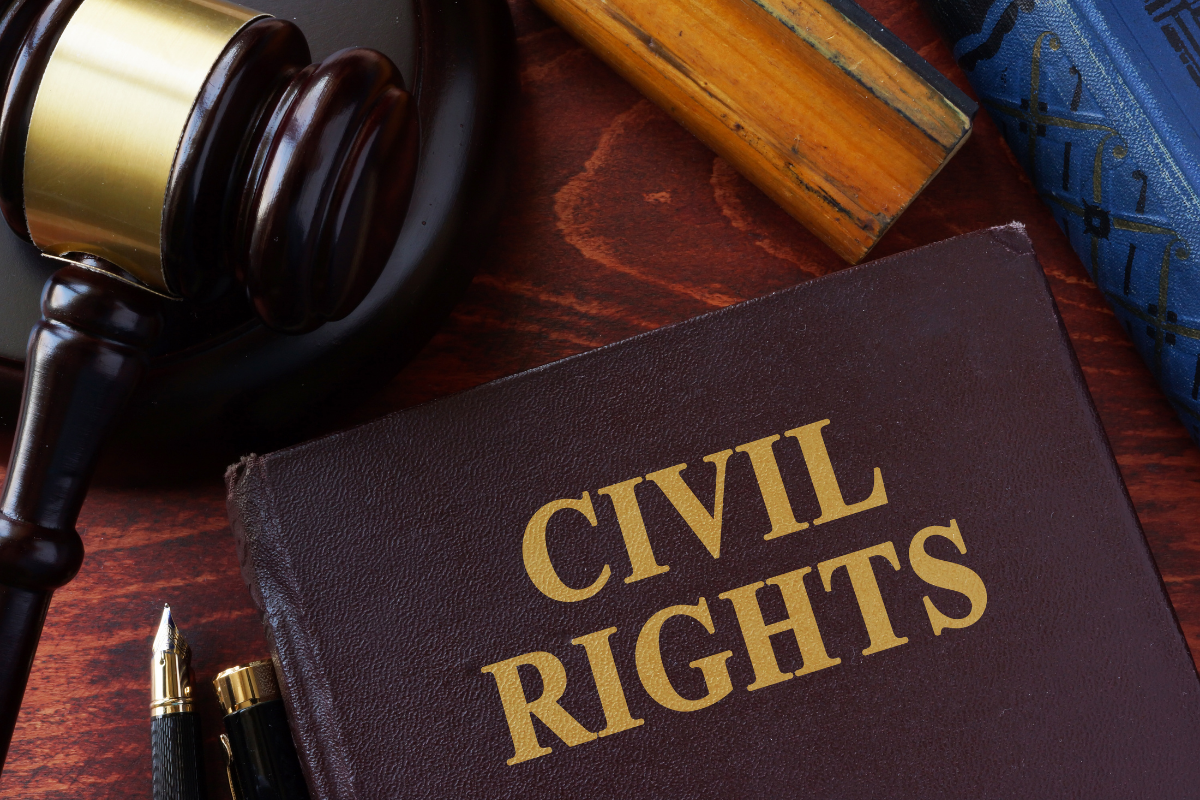Civil rights organizations, along with housing and AIDS advocacy groups, are fighting back against new restrictions imposed by former President Donald Trump’s administration. These groups argue that the restrictions on Diversity, Equity, Inclusion, and Accessibility (DEIA) initiatives in federal agencies are harmful to underrepresented communities. The rules, announced in 2020, limit how federal agencies can promote diversity and inclusion in their hiring and training practices.
“We believe these restrictions roll back years of progress,” said a representative from the American Civil Liberties Union (ACLU). The groups argue that limiting DEIA efforts within federal agencies sets a dangerous precedent for both government and private sector organizations. Many see it as a direct attack on the equality gains made in recent years.
The Trump administration’s DEIA restrictions have prompted significant pushback, especially from communities that have fought for years to overcome discrimination. “The federal government should be leading the way in fostering a diverse and inclusive workforce,” said one housing advocate. Without clear rules supporting these values, these groups believe that the government sends a message that such efforts are not a priority.
The restrictions were primarily focused on limiting diversity training programs and cutting funding for initiatives aimed at promoting racial and gender equality. Critics say the policy ignores the need for a more inclusive environment in federal agencies, particularly in light of historical inequalities. Federal employees who work in underserved communities, such as low-income neighborhoods, fear their work will suffer due to these restrictions.
“Equity and inclusion programs are necessary to create a more just society,” said an advocate from a national AIDS group. According to these organizations, the programs are critical in addressing systemic disparities faced by marginalized communities. These groups argue that the restrictions will ultimately harm the communities they serve.
As part of their challenge, these advocacy groups have filed lawsuits to block or reverse the DEIA limitations. They say that the restrictions violate federal law and are unconstitutional in certain cases. Legal battles are expected to continue as both sides make their case in the courts.
Supporters of the restrictions, however, argue that DEIA programs were sometimes divisive and inefficient. They believe that these programs often focus on race or gender instead of addressing broader issues. Some critics of the previous administration’s diversity policies believe the government should prioritize merit-based approaches to hiring and promotions.
The Biden administration has expressed its commitment to reversing the Trump-era restrictions, and several changes are expected in the near future. Under President Biden, the government has taken steps to reinstate stronger DEIA initiatives, especially in the context of racial justice. Biden’s team has indicated it will emphasize diversity as a key part of government reform.
However, this shift has faced resistance from some conservative groups who argue that returning to the previous policies would undermine the progress that has been made. “This is a waste of time and resources,” said a representative from a conservative think tank. These critics believe the focus should be on hiring the most qualified individuals, regardless of background.
At the same time, civil rights groups are optimistic that the legal challenges will force the government to rethink these policies. They point to public support for diversity programs as a sign that the country is moving in the right direction. “People want to see change,” said one leader from a civil rights organization. “We’re determined to make sure these restrictions are reversed.”
The outcome of this legal fight will have long-term implications for diversity efforts across the federal government. It will also set a precedent for how agencies handle diversity training and inclusion initiatives moving forward. As the case progresses, it remains to be seen whether the restrictions will remain in place or if they will be overturned by the courts.
For now, civil rights groups continue to push for what they see as essential reforms to government practices. They argue that ensuring equal opportunities and fair treatment is vital to creating a just society. As legal battles unfold, the public’s attention will remain focused on this important issue.




